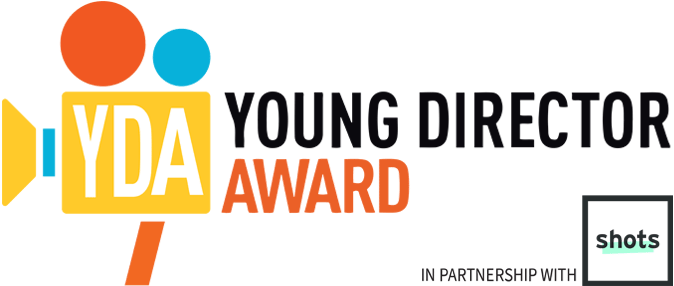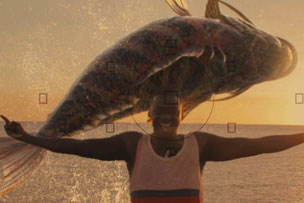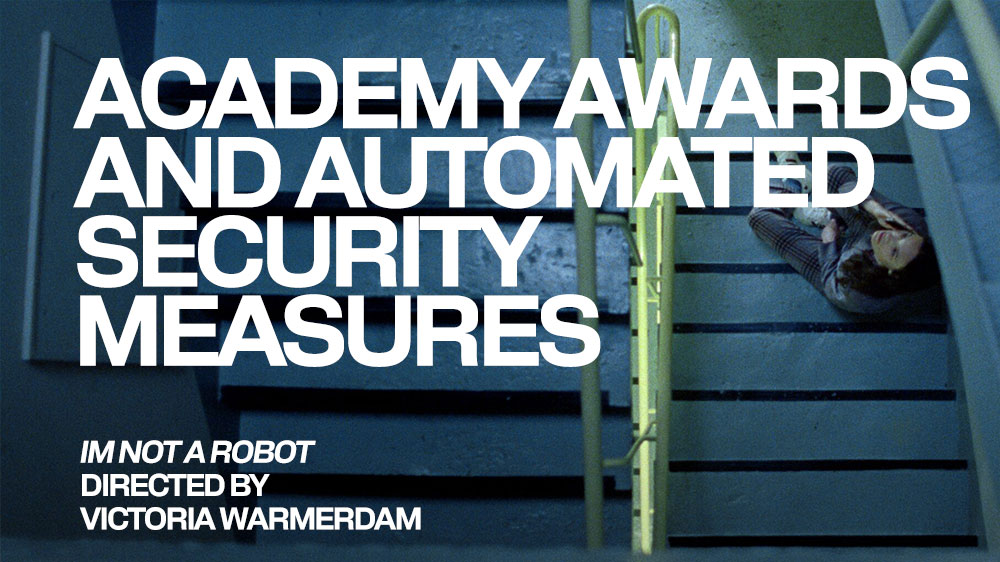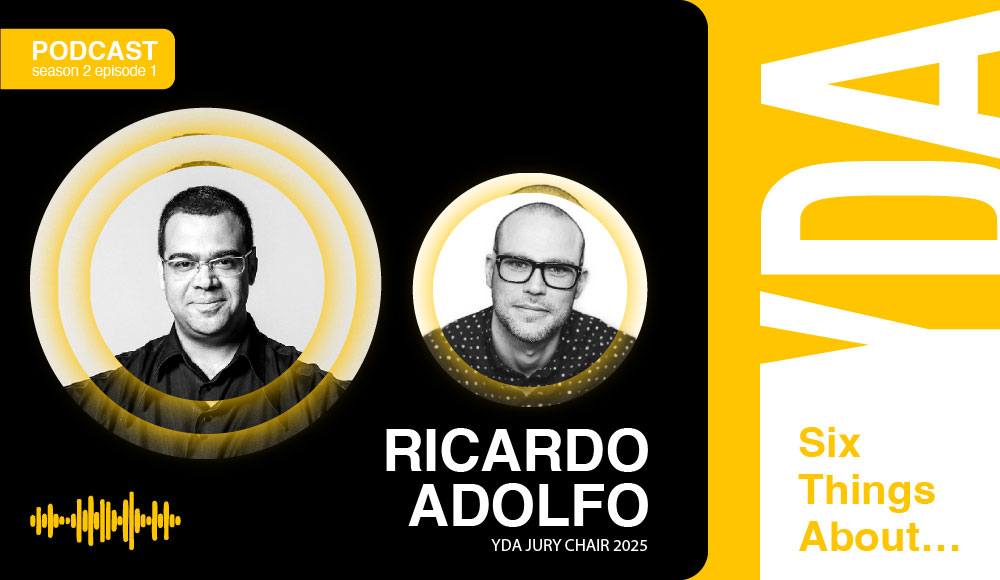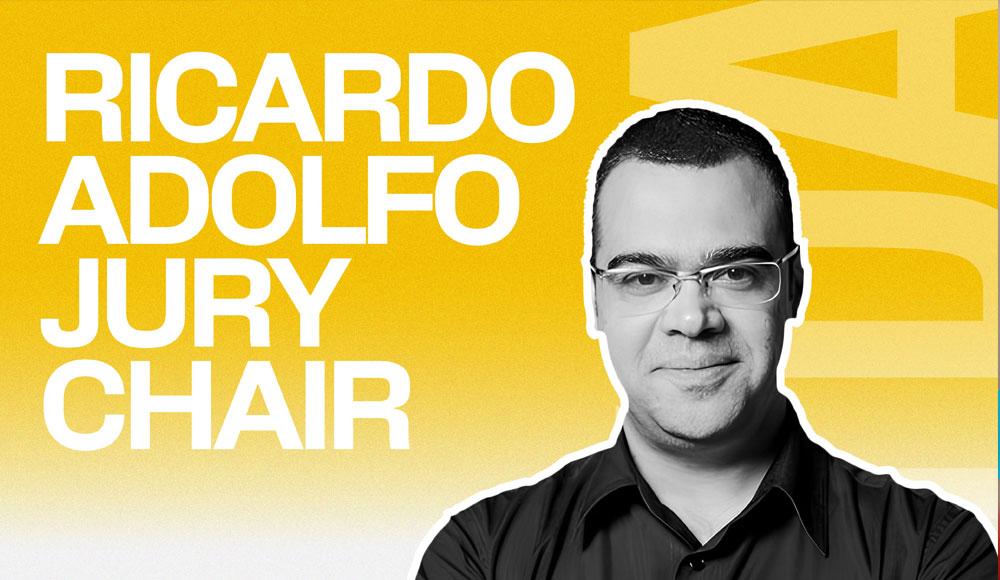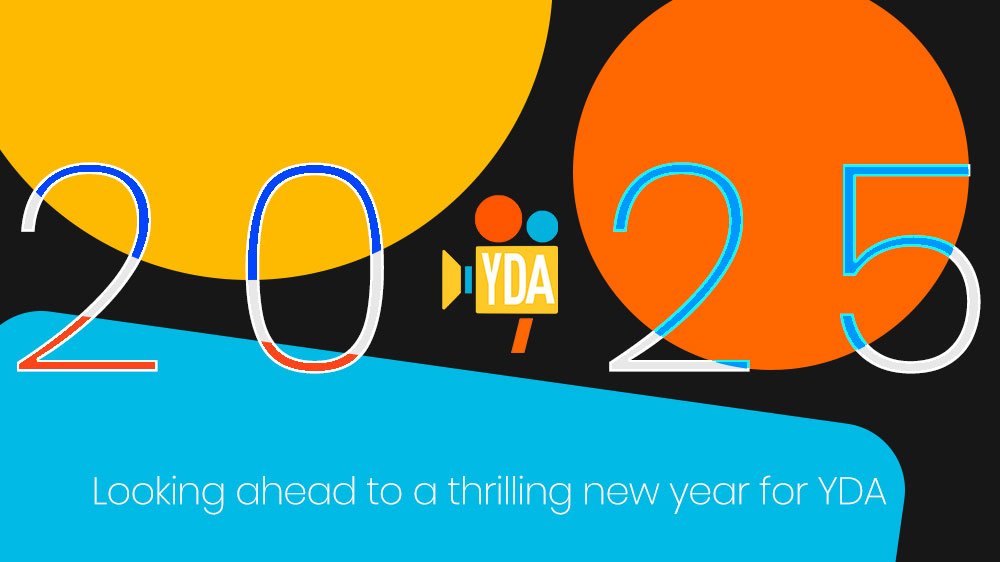Kibwe Tavares was undoubtedly the star of the YDA show picking up the first prize in Short Film, the Jury’s Special Award and the Audience Award. Currently working on a festival film for The Space a new digital arts funding body and developing his commercials career with Nexus we talk with the new director about his winning short film Jonah, his second piece following his graduation work Robots of Brixton.
What influenced your desire to become a director – is it rooted in a creative childhood?
I grew up in different areas around South London with parents who allowed us and pushed us creatively and technically. My father was a chemist and he was always saying you need to learn how to make stuff and we did a lot of art and pottery with my mum.
There was always a group of seven or eight of us, my brothers and mates, we even had a rabbit hutch company.. it was all good, very positive. School was cool. I really enjoyed growing up in London, that’s why I love it now.
Your CGI environments are spectacularly architectural. What has informed this perspective?
After A levels I trained as an architectural engineer, I’ve got a masters in engineering and worked for two years as an architect – I wanted to push away from engineering and get into architecture so I went in at masters level to do pure architecture at UCL which gave me the creative freedom to work in film and with models and to start exploring creatively. Robots of Brixton was my graduation film for my Master in Architecture.
Training as an architect and engineer meant that I learnt how to solve problems and breakdown massive tasks into smaller more manageable ones. For me directing is like that. You have a film and the vision of what you want the final thing to be and then you need to break it down into manageable tasks. You collaborate with people who are way more talented than you to do this, and your job is trying to steer them to match that vision. As I develop as a director I’m finding that there are so many transferable skills – it surprises me sometimes.
Were you self-taught in vfx or did you train at architectural school?
They don’t necessarily teach you, you’re in a studio so you learn just by being with the other guys I studied with – we were all learning off each other. The thing that was really good about that experience was that you don’t wait for someone to teach you but you work out how to teach yourself.
And when it came to directing Jonah I realised I didn’t know how to do certain things so I had to learn how to do it myself. So that education was very useful in self education and working out scale etc.
What programmes did you work in?
After Effects a little bit, Photoshop, 3D Studio Max, Maya, a whole bunch of different things but Studio Max was the main one. You kind of learn how to use bits of everything, some people excel better in different programmes.
How considered was the location?
I like to have stories about a specific place and like to have architecture and environments come into the narrative – it’s not about looking at one building but how architecture generally affects environments, that’s what I became particularly interested in while studying.
I had recently been on a three month trip around Eastern Africa and spent time on the coast in small fishing villages in Lamu, Pate Island and Zanzibar. These places all seemed on the cusp of changing from the traditional industry of fishing to tourism.
I had the basic idea set in the future and it was meant to be set in Lamu, Kenya but because of security issues we had to move location. The original narrative was about the affects of a huge container port that they were building in Lamu and the affects of that then we moved to Zanzibar and i didn’t want to pretend we were in Lamu I wanted to keep it real, so if we changed the location we had to completely change the story and in some ways i think it became stronger.
In Lamu we were looked after by a group of ‘beach boys’ who operated as informal tour guides. They took us on trips, dhow boat racing, donkey races, fishing, drinking. These guys were who I eventually based my main characters on.
The narrative of Jonah is a morality tale packed full of symbolism – did you work with the writer in evolving the script into a visual story?
For me the narrative symbolises change. We see our protagonist change, we see Zanzibar change and we see the fish change. I think that change is inevitable and I didn’t want to be didactic about whether that change is good or bad. I want to be more reflective and hopefully make the audience think about what we lose and gain with change.
I’d done a treatment first. The film was commissioned based on the idea very early on by the BFI and Film 4 and they they said you have to find a producer and writer and so I worked with the screen writer Jack Thorne. He wrote the screen play and fleshed out the concept and nuts and bolts of it.
Jonah has more live action than your earlier work your graduation film Robots in Brixton. How did you find this transition?
One of the things I did because I was anxious about the live action was to make an animatic of the whole film and I thought at least if I get that I’m happy because I knew that works and anything extra was a bonus – there’s a lot of extra stuff that you can’t plan for on location.
We were on location in Zanzibar for a two-and-a-half weeks. We had just under a week prep and 10 days shooting – five on land, two on a boat and three under a boat.
The performances you got out of the actors were very natural. Where did you cast them?
We took them from London, because time to rehearse was the one thing I really wanted, because I hadn’t done this before so I didn’t want to just show up there … so yeah, it was back and forth until we all felt comfortable with each other.
What was the most challenging aspect of creating the film?
I made Robots by myself and 80 people worked on Jonah over the 14-month life span of it from exec commissioner level to animators, rotroscoping, grading to everyone on set…
Jonah has picked up accolades on the festival circuit and now has won the three top awards at the Young Director Award in Cannes. Will you continue making short films or are your sights on longer formats?
With shorts there’s no commercial outlet so the end goal is being paid to make films whether it’s commercials, six-minute films or features.
What about music videos?
Because my work is so labour intensive we need the budget so it would have to be someone massive. 40 grand music videos are quite hard for me to do. If they want Jonah for 40 grand it’s impossible.
What are your plans now?
I feel very honoured to have won these YDA awards. As I’m starting out in my commercial career I’m really hoping that these wonderful accolades I’ve received will give me the exposure that will allow me to see and work on some really interesting scripts.
